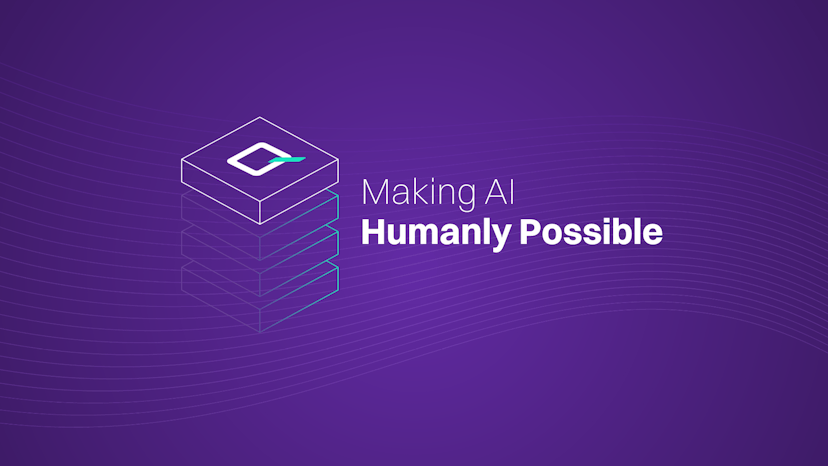
Artificial Intelligence
How Quantexa Augments and Automates Decision Intelligence with AI
The relationship between human and machine will become increasingly important and the insight needed to drive the right decisions would be impossible without AI. See how Quantexa continues to drive AI innovation.
 Loading
Loading









